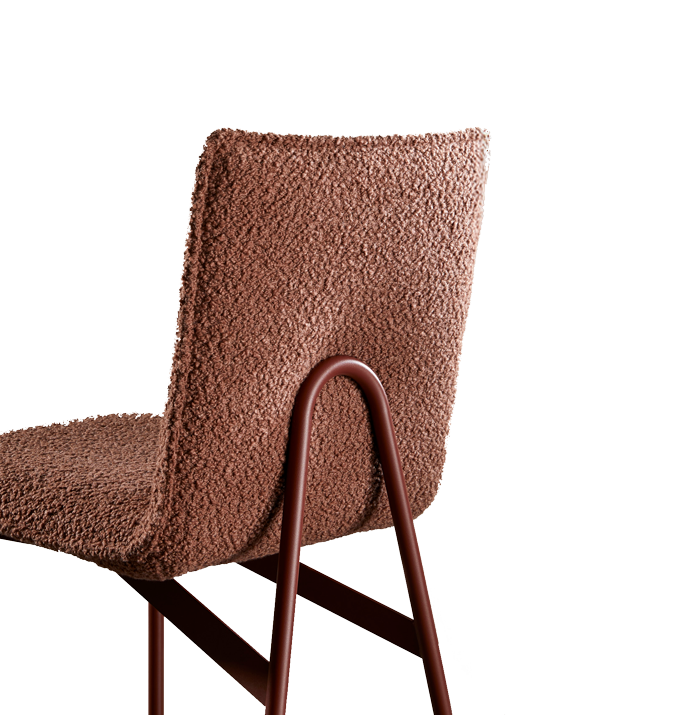Sustainable furniture pioneers Marc Schamburg and Michael Alvisse were in Singapore recently to hold a series of presentations and conversations with interior designers. Narelle Yabuka from Indesign caught up with them at Zenith’s Singapore showroom to hear their latest news.

Marc Schamburg and Michael Alvisse
Since the 1990s, Australian designers Marc Schamburg and Michael Alvisse have been recognised as trailblazers in the area of sustainable furniture – a full decade before green standards were embraced by the construction industry. These days they work closely with Zenith, creating singular products as well as diverse systems that can cater to the variable needs of different company cultures around the APAC region.
What are your most recent product releases and what sorts of trends and issues do they address in terms of how we're working and living?
Michael Alvisse (MA): The Edo range was introduced two years ago, but we've been constantly releasing new iterations of it. It's expansive product offering, and it's been interesting to see how the ABW space has evolved to the point where now the consensus seems to be that it's about providing a range of work experiences and not being prescriptive in terms of being collaborative or personal and private. Every company has its own culture and needs a mix and a balance between these various things. The balance will be different for each organisation. We're really creating a kit of parts.

Edo by Schamburg + Alvisse
Marc Schamburg (MS): Intuitively we've been doing that with all of our ranges for the last five or six years. But Edo is by far the biggest offering, being a streetscape of different options. The kit of parts gives Zenith the opportunity to create a component-based manufacturing system. It makes it easy to manufacture, assemble and stock. It also creates so many different manifestations of the product.
MA: And more and more it's becoming quasi-architecture.
MS: We are moving into creating spaces and rooms instead of standard items of furniture, which we were doing in the beginning of our career. So it's interesting how the whole industry has evolved.

MA: The psychology of workplaces is becoming a lot more interesting. The awareness of the importance of how people's minds work, how the creative process works, how solutions are actually generated, and what kinds of conditions encourage that, has been really interesting to see. As neuroscience grows, workplace psychology becomes something that more and more people begin to understand. We’re seeing a much greater savviness about the impact one’s environment has on how they behave, think and feel, and how productive and innovative they are. Especially as AI increasingly takes over the repetitive work, it's not just about productivity anymore; it's now about how you encourage lateral solutions and creativity – which is a completely different conversation.
MS: That's right. That's something that AI and mechanisation won't do.
Have you been exploring any new directions in sustainable design or production?
MA: I think that the directions we're exploring are less and less about the technical material aspects of things, because the good thing about the strength of the certification systems is that they are quite prescriptive. Also, in terms of benchmarking performance, they've pretty much got it covered. And as the technology improves those certification processes will likely become more rigorous.
What's really interesting now is to move beyond that. The thing people are still getting their heads around is sustaining the human being – the sustainability of their thinking and their creative process. Here at the beginning of this fourth wave of the industrial revolution, we've got a whole stack of challenges ahead of us. We know what we need to do in terms of physical sustainability. In terms of mental or psychological sustainability, and creative innovations – that's a whole other area. The other stuff can be taken care of by technicians now.

Mason by Schamburg and Alvisse
What are your best-selling products in the Zenith range?
MS: It keeps changing, but Edo is up there right now.
MA: 3000 is also a very strong seller.
MS: Mason is also probably in the top three right now. They're all systems that started off as one thing and ended up being much more collaborative and modular – so they offer a lot. They're not all at the same price point, but they offer similar things in different ways and with different aesthetics.
zenithinteriors.com
by Narelle Yabuka








